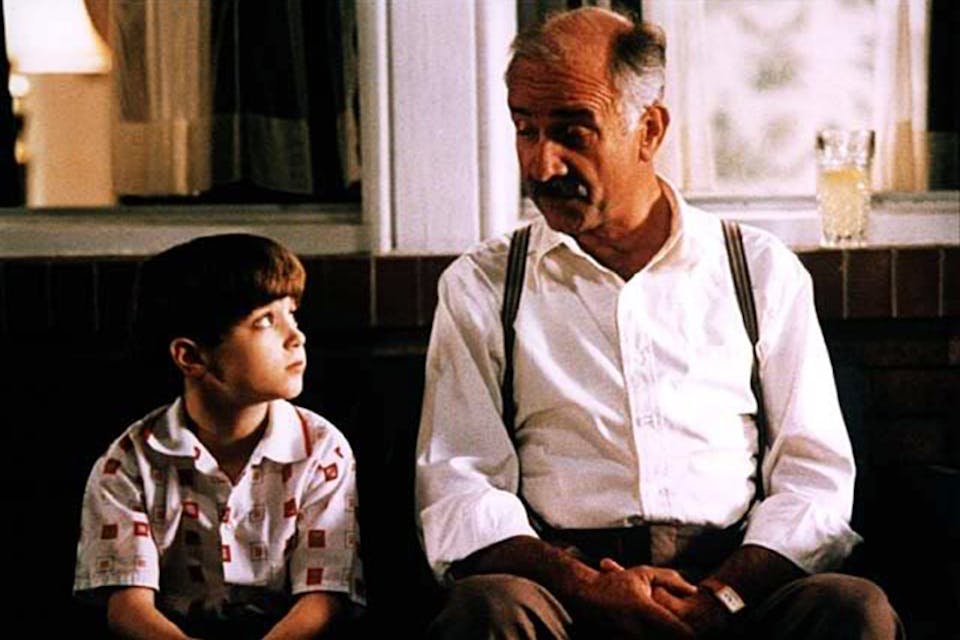
January 28, 2016
American Jewry’s Great Untapped Resource: Grandparents
They've got time, money, and love to spare, and there are more of them than ever. Why isn't the Jewish community enlisting their help?
In The Best Boy in the United States of America, the Jewish educator Ron Wolfson pens what amounts to a love letter to his grandparents, whose wise and benevolent influence has continued long after their demise to shape his life, his values, and his loyalties as a Jew. Wolfson’s story has elicited paeans of confirming praise from readers eager to share their own grateful memories of grandparents like his.
Similar testimony is not hard to find in the writings of Jewish figures as various as Rabbi Joseph B. Soloveitchik and the novelist Mordecai Richler (in The Apprenticeship of Duddy Kravitz). In the extensive interviews they conducted for The Jew Within (2000), the scholars Arnold Eisen and Steven M. Cohen encountered no end of American Jewish adults attesting to relationships with grandparents far more positive than those with their parents. Social media today abound with similarly loving recollections, as in this Facebook post upon the death of a grandfather: “My Grandpa meant the world to me, as did our entire family to him. . . . My love of Israel, Judaism, and family all came from him.” To these I can add my own experience of serving over the years on the admissions committee for the rabbinical school of the Jewish Theological Seminary (JTS) and being repeatedly struck by the number of applicants citing grandparental influence in their eventual decision to become actively committed members of the Jewish clergy.
Buttressing such anecdotal impressions are two recent studies. One, based on surveys of Birthright Israel alumni, reveals that, in general, “connection to Jewish grandparents is an important predictor of a wide variety of [positive] Jewish attitudes and practices” in later years. A second study of 1,150 Jewish college students, conducted in 2014 by Barry Kosmin and Ariella Keysar, and focusing on the respondents’ middle-school years, likewise finds that those whose grandparents accompanied them to synagogue and other Jewish settings are likeliest to feel strong attachments to Israel and the Jewish people. In religious life, too, both studies underline the extent to which grandparents, as Lisa Miller puts it in The Spiritual Child, are “key coordinates” on a child’s “spiritual map.”